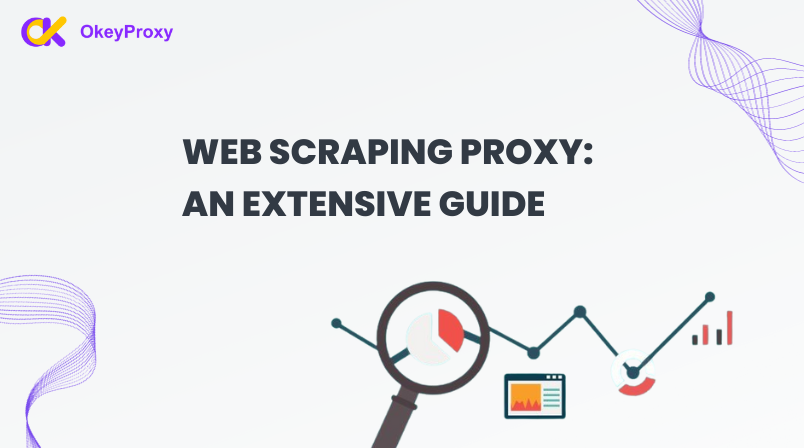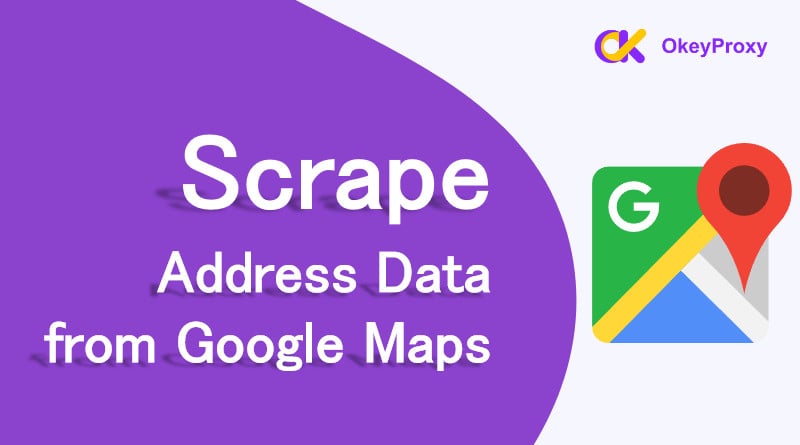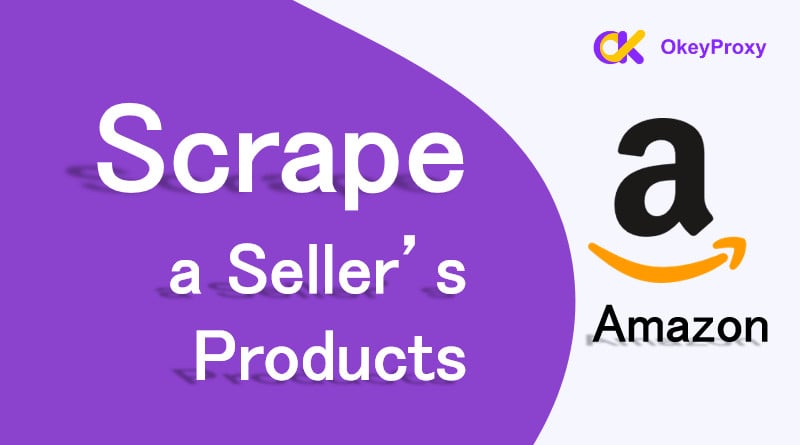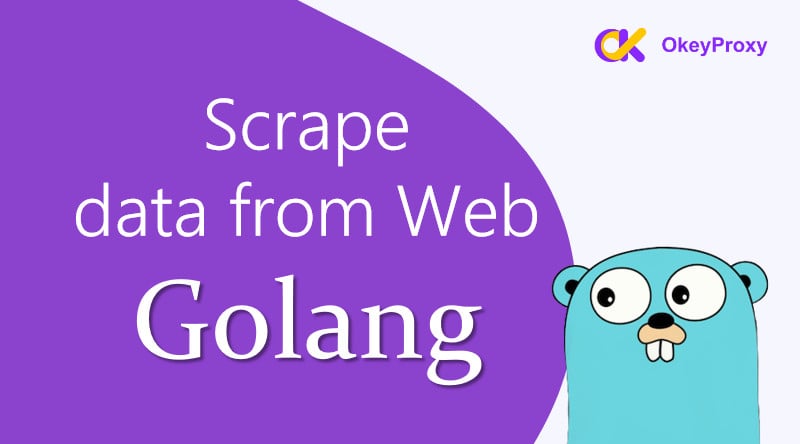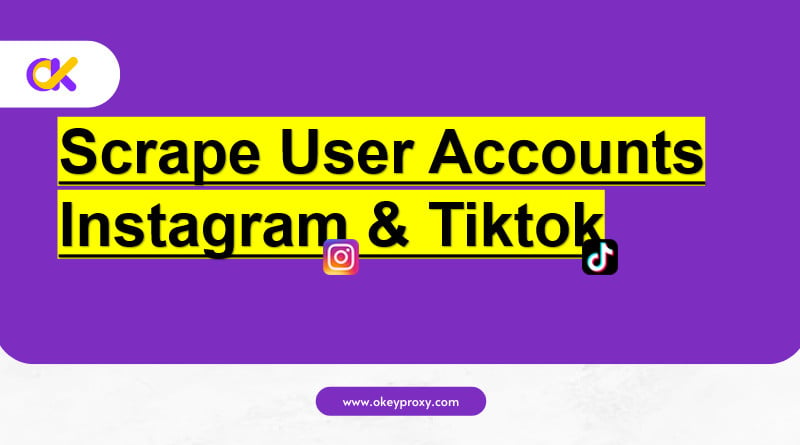Web scraping is a powerful tool for extracting large amounts of data from websites quickly. However, it comes with its own set of challenges, including IP bans, CAPTCHAs, and data limitations. Web scraping proxies can help overcome these hurdles, providing more efficient and effective data scraping. This article will explore what is proxy web scraping, the types of scraping proxies, how they work, why use proxies for web scraping, and how to test web scraping proxies.
What Is A Web Scraping Proxy?
When we talk about web scraping proxies, there’s a need to know about what are proxies. A proxy server acts as a router or gateway for Internet users. It helps protect private networks from cybercriminals. Proxy servers are sometimes called “intermediaries” because they connect users to the websites they visit.
A web scraping proxy is a server that serves as an intermediary between the web scraper (the client) and the target website. It hides the scraper’s real IP address and uses its own to communicate with the website, thus providing anonymity to the scraper. This allows the scraper to bypass IP-based restrictions and access data more efficiently.
Besides, web scraping is a complex process as a result of diverse websites, which means web scraping tools must have a wide range of capabilities.
How Web Scraping Proxies Work?
When a web scraper sends a request to a website, the request first goes to the proxy server. The proxy server then forwards the request to the target website using its own IP address. The website responds to the proxy server, which in turn sends the data back to the web scraper.
This process is beneficial for several reasons. First, it prevents the target website from detecting and blocking the scraper’s IP address. Second, by rotating between different proxies (a technique known as proxy rotation), a web scraper can send a large number of requests without triggering anti-bot measures.
Why Use Proxies For Web Scraping?
Website scraping involves sending a large number of queries to a server. This may trigger a server reaction against you, such as blocking your IP address. Additionally, some websites use techniques such as request throttling and CAPTCHAs to identify and block web scraping. Sending queries through a proxy server allows you to avoid detection by website anti-crawl defenses because it allows you to spread the problem across multiple IP addresses, thereby reducing the chance of activating anti-crawl protection. And that’s why you need a reliable proxy server like OkeyProxy to help you.
There are also some other reasons why web scraping proxies are essential:
1. Enables you to make requests from a specific geographic area or device (such as a mobile IP), thereby enabling you to view specific content displayed by the Site for that given location or device. This is extremely valuable when obtaining product data from online retailers.
2. Allows you to make more requests to target websites without getting banned.
3. Allows you to bypass blanket IP bans imposed by some websites. Example: It is common for websites to block requests from AWS, as there are some records of malicious actors using AWS servers to overload websites with a large number of requests.
4. Enables you to have unlimited concurrent sessions to the same or different websites.
Types Of Web Scraping Proxy
There are different types of proxies, including residential proxies, datacenter proxies, and rotating proxies. Residential proxies are IP addresses provided by ISPs to homeowners, making them less likely to be blocked. Datacenter proxies, on the other hand, are more common and less expensive, but they are also more likely to be detected and blocked. Rotating proxies automatically change the IP address at regular intervals, making them ideal for Web Scraping.
How To Test Web Scraping Proxy?
When testing a web scraping proxy, consider the following three primary factors:
- Reliability: Choose a proxy that is reliable and has a low failure rate. A reliable proxy will ensure a smoother and more efficient scraping process.
- Speed: Speed is crucial in web scraping. A high-speed proxy will allow for quicker data extraction, making the scraping process more efficient.
- Anonymity: The proxy should provide a high level of anonymity to prevent your scraper from being detected and blocked.
Tools For Testing Proxies For Web Scraping
There are some tools available for evaluating proxies and web scraping methods:
Scrapy – A web scraping framework written in Python. It has built-in functionality for checking proxies and handling anti-crawling protections.
Selenium – Powerful software for automating browser interactions and other online-related tasks such as web scraping. It is useful for web scraping and proxy testing.
Octoparse – HTML and XML parsing framework written in Python. You can use it with other web scrapers to collect data from various websites.
Conclusion
Web scraping requires a large number of requests to the server from a certain IP address, so the server may detect too many requests and may block the IP address to stop further scraping. To avoid blocking we use a proxy and when the IP address changes the scraping will continue to work without causing any issues. It also helps hide the IP address of the machine as it creates anonymity.


